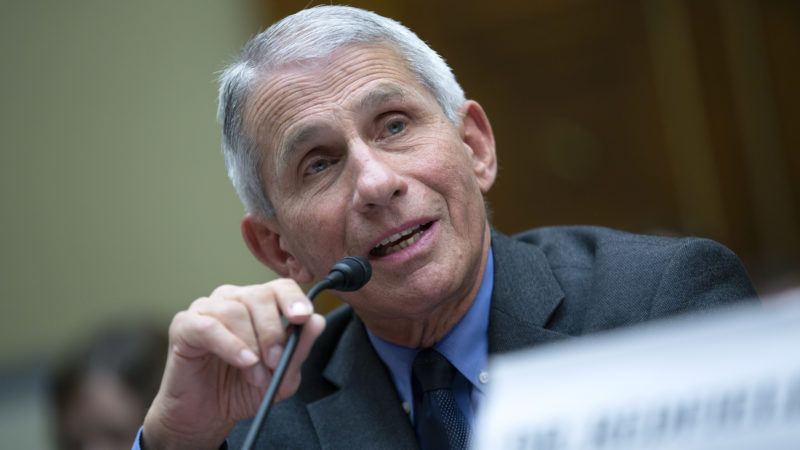COVID-19 Mortality Rate 'Ten Times Worse' Than Seasonal Flu, Says Dr. Anthony Fauci
Initial hopes that the public health consequences of the new coronavirus would be mild are fading.

The World Health Organization has now declared the COVID-19 outbreak a pandemic. The global health agency defines pandemic as the worldwide spread of a new disease. The spread of COVID-19, caused by the new coronavirus, qualifies since it has now been detected in 114 countries, infecting nearly 120,000 people and killing about 4,300 of them. The number of diagnosed cases in the U.S. has swelled to more than 1,000.
So how bad will it get? Two days ago, President Donald Trump compared the current number of deaths from COVID-19 to those stemming from the seasonal flu outbreak. As more data come in, initial hopes that the public health consequences of the spreading coronavirus pandemic would be comparatively mild and similar to the death rates associated with seasonal influenza are fading.
The delay in rolling out a more comprehensive testing regime means that undiagnosed cases are rising. Estimates vary from a few thousand to as many as 50,000 infections among Americans.
At a congressional hearing this afternoon, Dr. Anthony Fauci, director of the National Institute of Allergy and Infectious Diseases, suggested that COVID-19 is is considerably more dangerous than run-of-the-mill flu. He observed, "The flu has a mortality rate of 0.1 percent. This has a mortality rate of 10 times that. That's the reason I want to emphasize we have to stay ahead of the game in preventing this."
The Centers for Disease Control and Prevention estimate that between 20,000 to 52,000 Americans have succumbed to influenza this season. If Fauci's assessment is correct, that implies that an unmitigated COVID-19 epidemic would end up killing between 200,000 and 520,000 Americans. Consider for comparison that just over 2.8 million Americans died in 2018.


Show Comments (206)